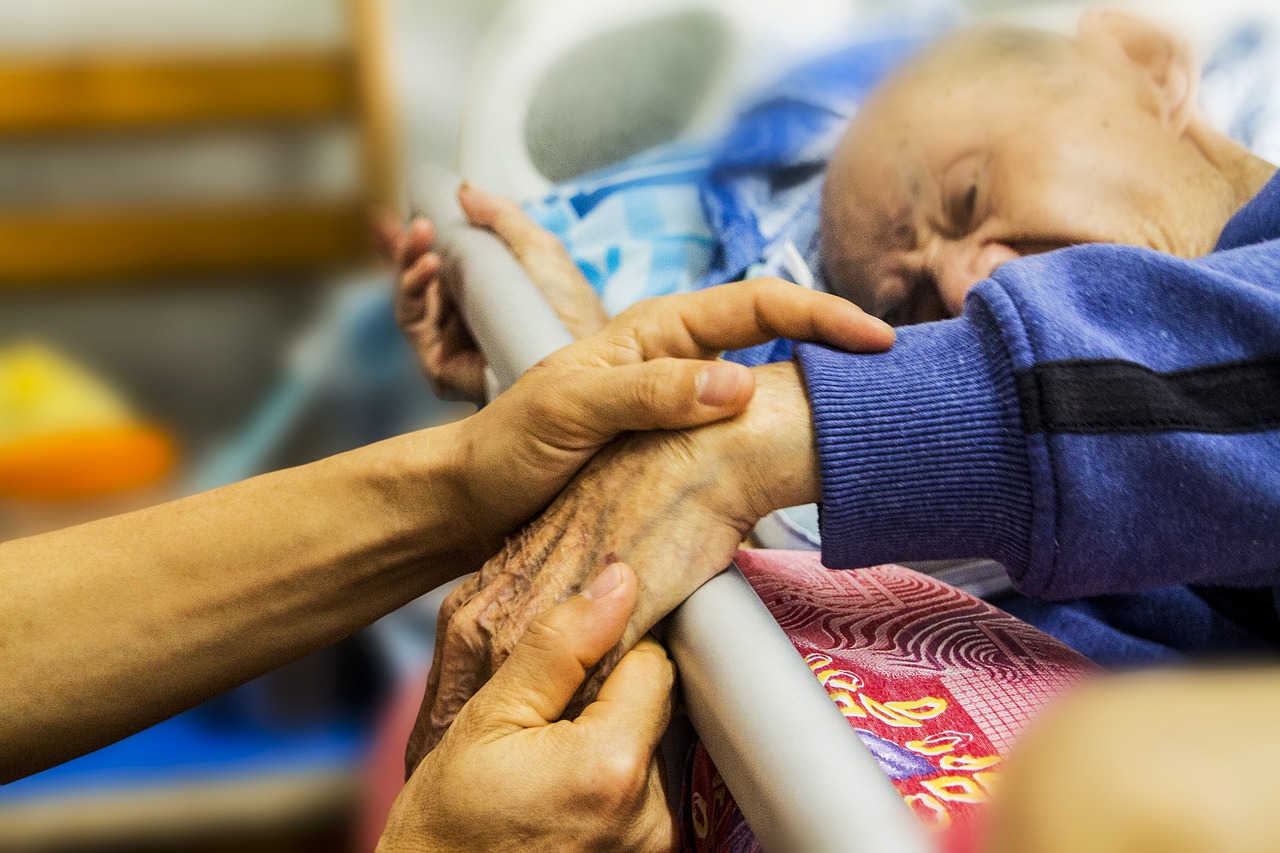Why Millennials Should Have an Advance Directive

Millennials – the common name for babies of the 80’s and 90’s – are perhaps best known for their carefree spirits and ambition in seeking adventure. These young people are often found challenging their own mortality in a variety of ways: intense workouts, exotic travel, the consumption of junk food and other substances. You name it. So what happens when this happy-go-lucky sensibility backfires, taking a turn for the worse?
Health can decline at any time and in a number of unexpected ways. So, in any case, it is important to prepare loved ones to answer tough questions during unexpected end-of-life situations. If a fatal accident were to happen, who makes the final call based on a person’s health status? How will loved ones ever know if they made the right decision?
Young people should be asking themselves, now more than ever: “Are we prepared for this?”
The safest bet for any millennial who finds themselves answering “no” to the above question, is to prepare an advance directive. An advance directive is a legal document spelling out one’s end-of-life wishes. Read about it more specifically here, and why all millennials should have one below.
Everyday physical activities can end up fatal in unexpected ways.
Anyone who has participated in a physical activity and ended up injured in some way or another can certainly understand how easy it is to get a little banged up. Accidents and unintentional injuries are, in fact, the leading cause of death in young people.
Simple activities like swimming can prove fatal. Between the years 2005 and 2014, there were an average of 3,536 drownings. This doesn’t exclude professionals either. Fran Crippen, for example, a 26-year-old American open-water swimmer, lost his life during a 10k swimming event in 2010 simply because the water was too warm. This increased his body temperature, dehydration rate, and fatigue.
Advance directives speak for you when you can’t.
When considering fatal injuries or illnesses, it’s easy to picture someone in their old age taking an unexpected fall or coping with a common chronic illness such as COPD. But – believe it or not – these types of injuries and illnesses befall young people as well.
When you fill out an advance directive, your loved ones don’t need to focus on anything besides grieving and healing in the case of serious injury, incapacitation, or death. The hardest decisions loved ones would have to make for their child will be taken care of. An advance directive ensures the health treatment one wishes to have is carried out in the living will and healthcare proxy that serve as the directive’s two core components.
The time and effort that goes into life-prolonging treatment may be more appropriate elsewhere.
Intensive care units and life prolonging treatments can draw out a person’s time with their loved ones, but are they getting quality time? If a loved one's family is operating under assumptions of the kind of treatment that person would want, their assumptions could end up causing patient discomfort, unrealistic expectations, increased stress and unwarranted costs. Taking the appropriate steps to plan for a person’s future medical needs can prevent these things and can also help improve the quality of care being provided to people everywhere.
Do you need an advance directive now?
Chances are that most millennials have already gone on a few spring break trips with friends or signed a waiver before skiing down a mountain. They’ve also probably played at least one sport or engaged in some form of physical activity. While these adventures are both fun and encouraged, millennials should, at the very least, be preparing themselves and family for an easier route of care in the case of a freak accident.
No one likes to talk about death. Especially millennials. But the reality is that no one is immortal and taking the step towards filling out an advance directive will help to consider the future of, not just oneself, but everyone who loves them.
For more information on how to complete an advance directive, visit the Crossroads Hospice & Palliative Care website today or call us at 1-888-564-3405.
If you found this information helpful, please share it with your network and community.
Copyright © 2017 Crossroads Hospice & Palliative Care. All rights reserved.




